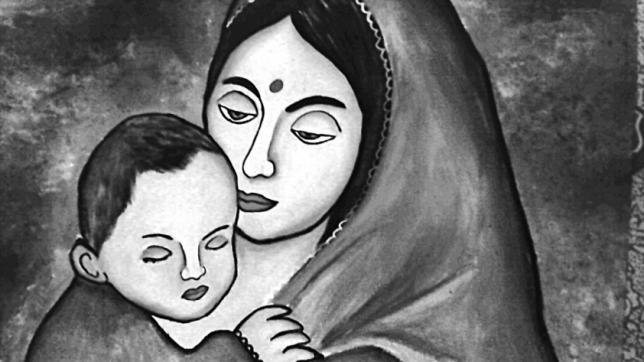
Noman Sabit: Sheikh Hasina said that the Rohingyas have been living since the 8th Century in Arakan which is now the Rakhine State of Myanmar.
In 1948, when Myanmar became independent, she said, the new government passed the Union Citizenship Act defining which ethnicities could gain citizenship.
It targeted the Rohingyas as aliens of different races, she said, adding that thereafter, in 1982, a new citizenship law was passed which did not recognize Rohingyas as one of the country’s 135 ethnic groups.
However, in 1952, when U Nu became President, he included in his cabinet two Muslim Rohingyas- U Raschid as Minister of Trade and Development, and the other Sultan Mahmud as Minister of Health, she said.
His parliament also had six Muslim Rohingyas, namely Abdul Bashar, Mrs. Zohora Begum, Abul Khair, Abdus Sobhan, Rashid Ahmed, Nasiruddin, and two Parliamentary Secretaries, Sultan Ahmed and Abdul Ghaffar, she added.
“It was evident that Muslim Rohingyas still had standing as citizens as only citizens could be in the cabinet and the Parliament,” she said.
The Prime Minister said since the beginning, Bangladesh has always sought for a durable and peaceful solution through discussions and negotiations. The two countries signed three instruments after the exodus in 2017.
“Two attempts were made in 2018 and 2019 to start repatriation. But the selected Rohingyas were unwilling to return in the absence of a conducive environment in Rakhine,” she said.
The issues of their safety and security, non-recurrence of violence, livelihood opportunities, and basic rights, including a pathway to citizenship were among their concerns, she said.
“In the backdrop of Myanmar’s continued defiance of its obligations, Bangladesh resorted to other options to start repatriation discussions with the help of China, through a tripartite mechanism. Till date, not much progress has been made,” she said, expressing deep concern over Rogingya repatriation.
In fact, she said Cox’s Bazar is now hosting the largest refugee camp in the world, with one of the largest humanitarian operations in terms of scale and dimensions.
“Bangladesh has been trying its best, with the international community’s support, to ensure the safety and wellbeing of the displaced Rohingyas. They are receiving food, shelter, health care and other services,” she said.
Bangladesh has also included this population in its national Covid vaccination program, she said.
Rohingyas are also having opportunities to develop their skills by attending learning facilities in Myanmar language following Myanmar Curriculum, attending skill development activities, and participating in livelihood opportunities, she said.
These are contributing to retaining their culture and language, and will ultimately help them reintegrate into their own society upon return, she said.
“We have developed a stable island namely Bhasan Char spending USD 350 million from our own resources to temporarily relocate around one hundred thousand Rohingyas. So far, around 31 thousand Rohingyas have been relocated on a voluntary basis,” she informed.
BP/SM



